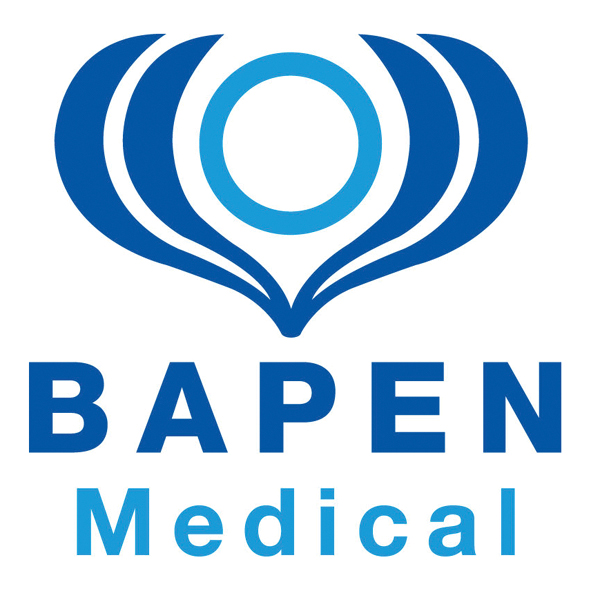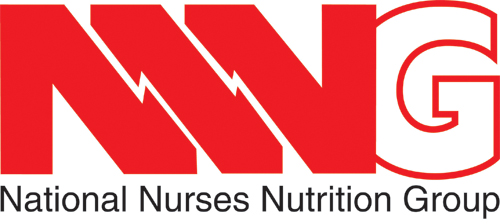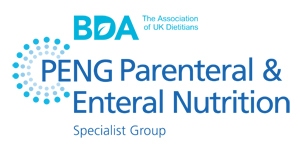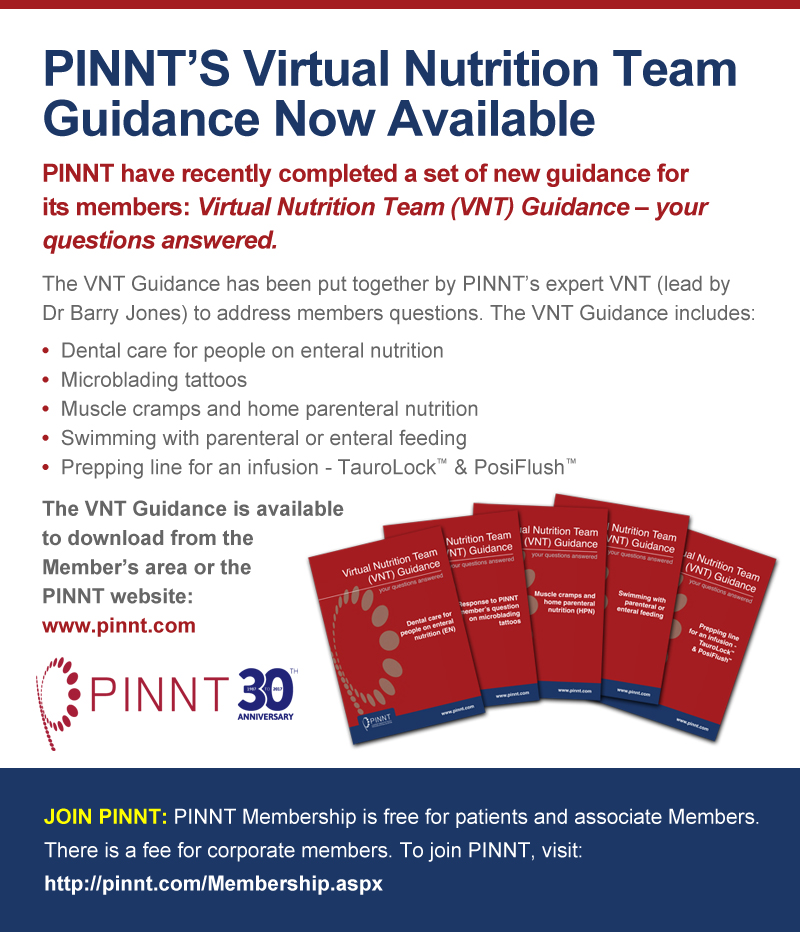Core Groups Updates

Dr Stephen Lewis, BAPEN Medical Chair
Email: StephenLewis1@nhs.net
Website: www.bapen.org.uk/about-bapen/bapen-core-groups/bapen-medical
We organised a very successful talk at the recent BSG meeting. BAPEN Medical’s talks for the forthcoming BAPEN meeting in November are coming on well and our BAPEN Medical Teaching Day Programme can be found below:
BAPEN Medical Teaching Day: Hilton Birmingham Metropole
Monday 20th November 2017
‘Intestinal Failure through the Ages’
Combined BAPEN Medical, BIFA, & BSPGHAN practical management day
| 09:00-09:30 | Registration & Coffee |
|---|---|
| Chair: Dr Stephen Lewis | |
| 09:30-10:20 | Management of High Output stoma |
|
|
| 10:20-11:00 | Abnormal Liver Function Tests |
|
|
| 11:00-11:20 | Coffee |
| Chair: Dr Jutta Köglmeier | |
| 11:20-12:10 | PN Composition Lipids |
|
|
| 12:10-13:00 | Line Care and CRS |
|
|
| 13:00-13:40 | Lunch |
| Chair: TBC | |
| 13:40-14:30 | Transitioning |
|
|
| 14:30-15:20 | Bone Disease & Acid Base Balance |
|
|
| 15:20-15:40 | Coffee |
| Chair: Dr Theodoric Wong | |
| 15:40 - 16:30 | Small Bowel Transplantation |
|
|
| 16:30 | Close of Meeting |

Claire Campbell, NNNG Communications Officer
Email: nationalnursesnutritiongroup@gmail.com
Website: www.nnng.org.uk
Twitter: @NNNGUK
This year has been a very busy year for the NNNG and has seen some great achievements, from the release of best practice guidelines and nomination of these, as well as some of our members, for awards – recognising the work of the NNNG and its members.
2017 has also seen change within the NNNG Committee as several members have come to the end of their term of office. This has given rise to the opportunity to review the way we work and make plans for the future of the NNNG.
The NHS is certainly going through some challenging times, which look set to continue for foreseeable future. This forces a review of the service we are providing, to work a little differently and engage with the wider multidisciplinary team and service providers. It also affords the opportunity to communicate with our patients and identify what really matters to them in terms of the care and the service we provide, so we can focus on the areas that provide the best outcome for all.
Nutrition and hydration are notoriously difficult areas to keep on the agenda and yet at its most basic and its most complex, it affects our patients in so many ways. We receive feedback from patients of the many facets hydration and nutritional care, such as the quality and availability of the meals, the service of them, the assistance of consuming them, if there is sufficient variety and consideration for healthy options, portion size, the list goes on. For those who require invasive forms of nutrition support, there are guidelines, pathways and protocols in place in order that we provide evidenced-based care and treatment. Nutrition and hydration and its importance in healthcare does not discriminate, it spans all specialties in both primary and secondary care. It is essential that we keep pushing to ensure it does not fall off the radar.
With that in mind, the NNNG are working hard on new projects for the forthcoming year and are also launching a new and improved website, with more resources, up-to-date Tweets and information, as well as improved membership services.
See you at BAPEN Conference. Good nutrition needs nurses!

Jutta Köglmeier, NIFWG Chair of BSPGHAN
Email: Jutta.Koeglmeier@gosh.nhs.uk
Website: www.bspghan.org.uk
Meetings 2016
The NIFWG has met on 26th January at the BSPGHAN annual meeting in Glasgow and on 24th May prior to the RCPCH Gastroenterology symposium in Birmingham. The next meeting is scheduled for 16th November in London.
The fourth paediatric intestinal failure and rehabilitation meeting will be held jointly with BAPEN on 20th November in Birmingham. The programme has now been finalised and looks exciting, with topics relevant to both paediatric and adult intestinal rehabilitation teams:
- Management of high output stoma
- Abnormal liver function test
- Parenteral nutrition (PN) composition lipids
- Line care and CRS
- Bone disease and acid base balance
- Transitioning
- Small bowel transplantation.
e-BANS
A major focus of the group is to ensure that the paediatric section of e-BANS (Paediatric electronic-British Artificial Nutrition Survey) will continue to be accessed by the intestinal failure units and all relevant patients are captured. The NIFWG has managed to secure a BSPGHAN innovation grant to fund the much-required admin support.
Jonathan Hind presented on the epidemiology of intestinal failure in children in the UK and the evolution of the paediatric e-BANS registry on behalf of the group at the CIRTA meeting in New York on 30th June 2017.
BAPEN
Tony Wiskin has taken up the role as paediatric e-BANS regional deputy lead. His term as BAPEN Education & Training rep has come to an end. A call has gone out to all BSGPHAN members to find a replacement.
The bond with BAPEN is continuing to grow stronger. The joint paediatric/adult intestinal failure rehabilitation symposium on 20th November will have a paediatric and adult speaker for each presentation. Topics relevant both to adult and paediatric practice have been chosen and will hopefully spark interesting discussions.
Allied Health Groups
Pharmacy
BPNG (British Pharmacy Nutrition Group):
- Revised National Framework for home parenteral nutrition has been published
- Venetia Simchowitz continues to represent paediatric pharmacists on the Framework
- Blueteq forms have now been in use for some time. Home parenteral nutrition cannot be requested without a completed Blueteq form (NHS England – Initial Funding Application for HPN for children (under 18s) needing parenteral nutrition).
Angela Cole is the paediatric nursing representative and Susan Hill the paediatric Gastroenterologist.
The paediatric chief pharmacist group has developed three regimes for standard bags in neonates and children. An industry manufactured standard bag has been developed and is now commercially available.
The new ESPGHAN guidelines on parenteral nutrition in children are still not published. The delay is due to an ongoing debate about the use of parenteral nutrition in the paediatric intensive care (PICU) setting. Data supports that certain amino acids contribute to the occurrence of infections in children. There is hence controversy about the appropriate timing to the start PN on PICU. The guidelines are, however, expected to become publicly available at the end of this year.
Members of the NIFWG have taken part in the European wide CVC survey. The outcome of the survey is currently being analysed and will be included in the ESGPHAN PN guidelines.
Dietitians
Blenderised diets are attracting great attention at present. The BSPGHAN Allied health professionals group dietitians have presented the current evidence from the literature at the Trainee/AHP meeting in Liverpool and are planning to write a position paper, which will be published on the BSPGHAN website. The associates committee has met with the British Dietetic Group and they are now working together to develop guidelines about decision making.
A further aim of the group is to put together a consensus document on weaning from artificial/tube weaning. The work is ongoing.
Nutrition nurses
The nutrition nurses continue to work on a number of projects, including standardisation of nursing practices in PN and equipment and methods used for connecting and disconnecting PN at home. A wide variety of equipment has been requested under the National Home PN Framework.
Guidelines are needed, including the number of nurses per patients cared for on PN at home.
BIFA
BIFA position statement 2016 on Home Parenteral Nutrition (HPN) has been published and is available online. The BIFA Study Day planned to take place in Belfast on 18th May 2017 was unfortunately cancelled due to lack of applicants. A new date has not been scheduled yet.
Research, Training and current/future projects
- Guidelines for the diagnosis and management of intestinal failure in childhood
- The development of a decision-making tree for feeding neuro-disabled children with deteriorating intestinal function, in conjunction with the Royal College of Paediatrics. A BSGPHAN innovation grant application has been sent to council. A Delphi process is planned and the NIFWG members will take part. A systematic review (current treatments, therapeutic strategies before consideration of parenteral nutrition) has been carried out by one of the Scottish trainees. The group has successfully secured a second BSPGHAN innovation grant to fund this project.
- To obtain funding for a randomised controlled trial investigating the use of Taurolock prophylaxis for the prevention of central venous catheter associated sepsis
- Develop a practical ethical framework for decision making in severe neonatal intestinal failure
- Guidelines for the use of blenderised diets in children
- Recommendations for the best method to wean children from intravenous to enteral nutrition
- National survey on jejunal feeding practices in children across the UK.
Following completion, the group would like to publish the documents both on the BSGPHAN and BAPEN websites.

Kate Hall, PENG Chair
Email: communications.peng@bda.uk.com
Website: www.peng.org.uk
Twitter: @PENGDT
Some of the PENG Committee members have been putting together the final details for the pre-BAPEN PENG Study Day on November 20th, which includes presentations from the PENG Award winners – click here for further details.
There will be further details announced regarding the updated PENG Pocket Guide to Clinical Nutrition at BAPEN Conference as we are launching the new edition in Spring 2018. This new edition includes the new (extensive/comprehensive) systematic review evidence to support the estimation of nutritional requirements in clinical practice. All those who are PENG members in 2017/18 membership year will receive a complimentary copy, so we are also urging those dietitians who are not yet PENG members to join now to be able to take advantage of this great offer.
The PENG members who are the lucky winners of the free 2018 PENG Clinical Update Course have just been announced. Registration is now open for the 2018 PENG Clinical Update Course, but places are limited so an early registration is recommended. Those who attended the successful 2017 Course have shared their experiences on the PENG website.
We have recently opened up our PENG membership to BDA student dietetic members, so those who are BDA student members are able to join PENG. This provides a great opportunity for student BDA members not only to better understand PENG, but also learn from other members and have that peer-to-peer support not just from their student training but also form the wider nutrition support dietetic community.
PENG are currently leading on a survey to gain feedback on PENG's Dietetic Outcomes Toolkit ('DOT'). So, if you have experience of using this tool please access the survey here – the deadline is 13th November 2017.
Sean White, HEF Lead for PENG Committee, is leading on a competency framework project, which held its first multi-disciplinary workshop at the beginning of July. The outputs from this meeting are now feeding into the next phase of the project and more information will follow in due course. If anyone is interested to find out more, please get in touch via: peng@bda.uk.com.
For anyone who would like to share their experiences of working in nutrition support, feedback on a recent conference, or ask fellow dietitians any questions please do email PENG: peng@bda.uk.com We could also include these in our newsletter e-PENlines, which is currently being worked on, and will be circulated at the beginning of December.

